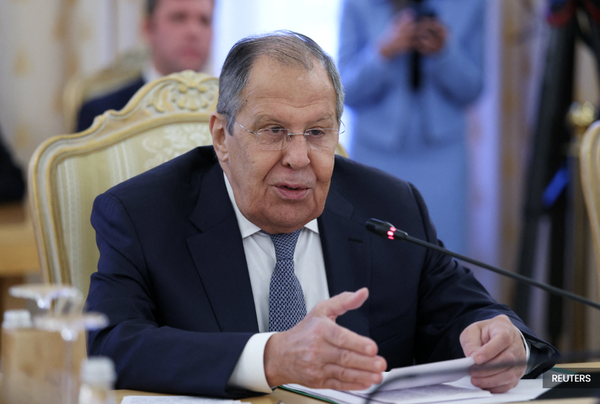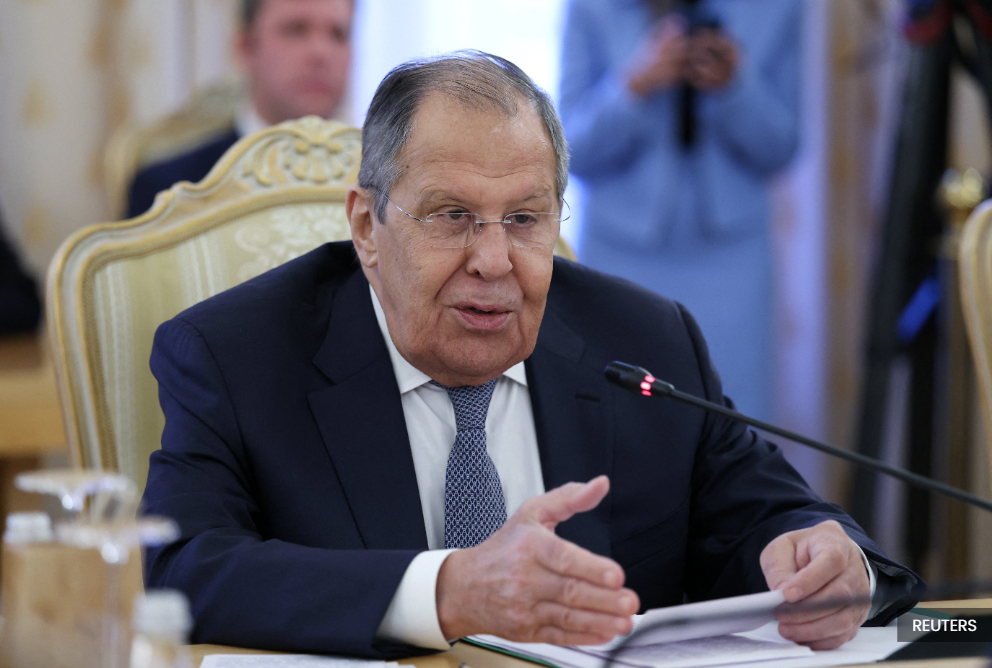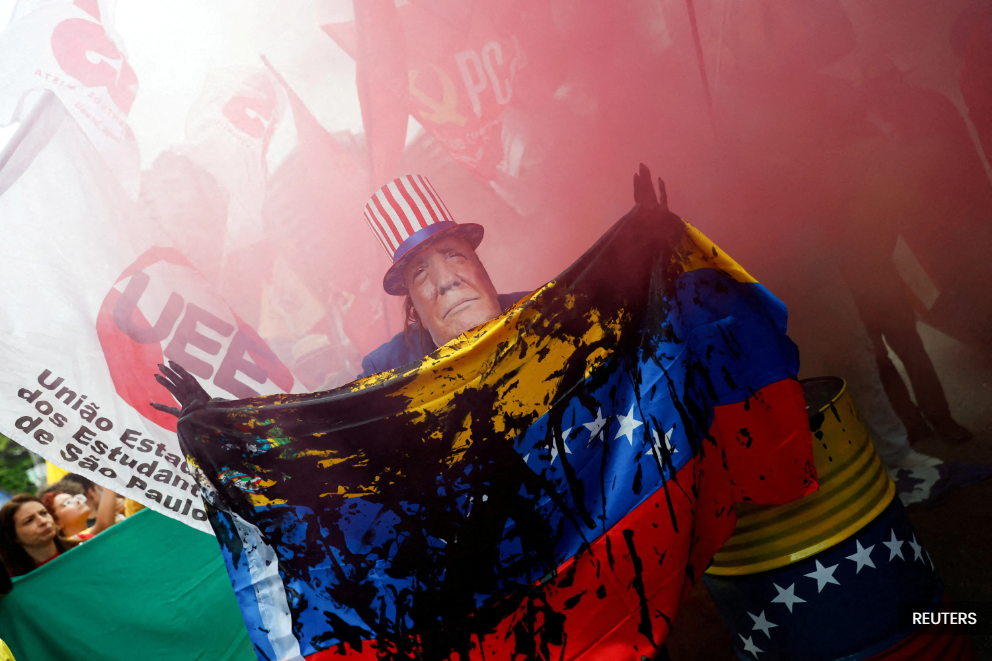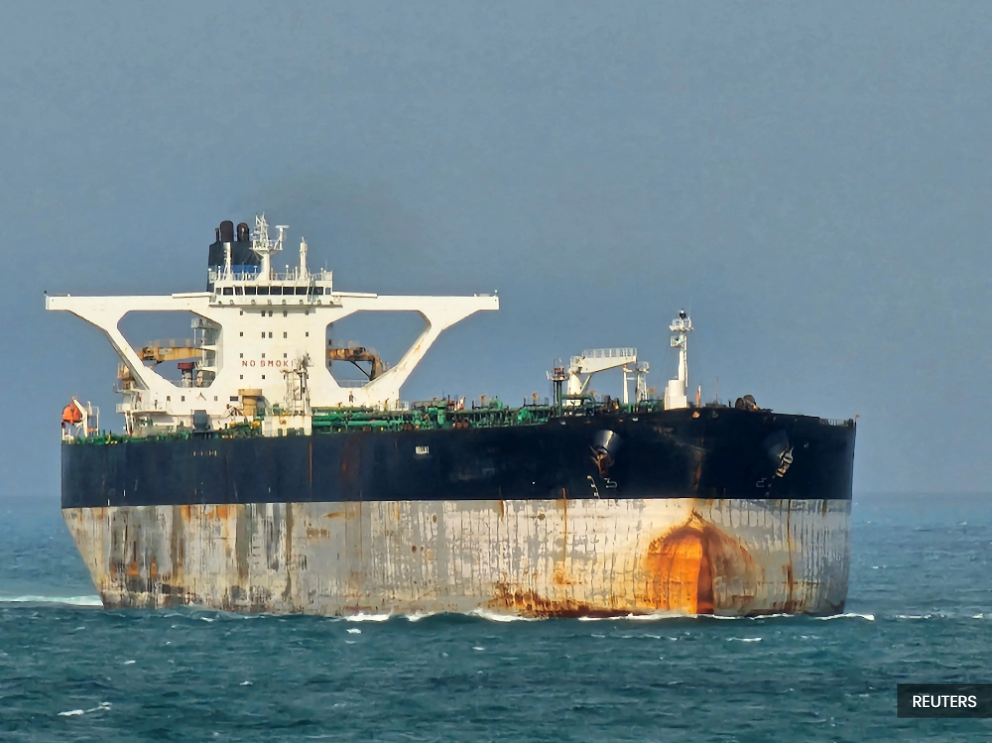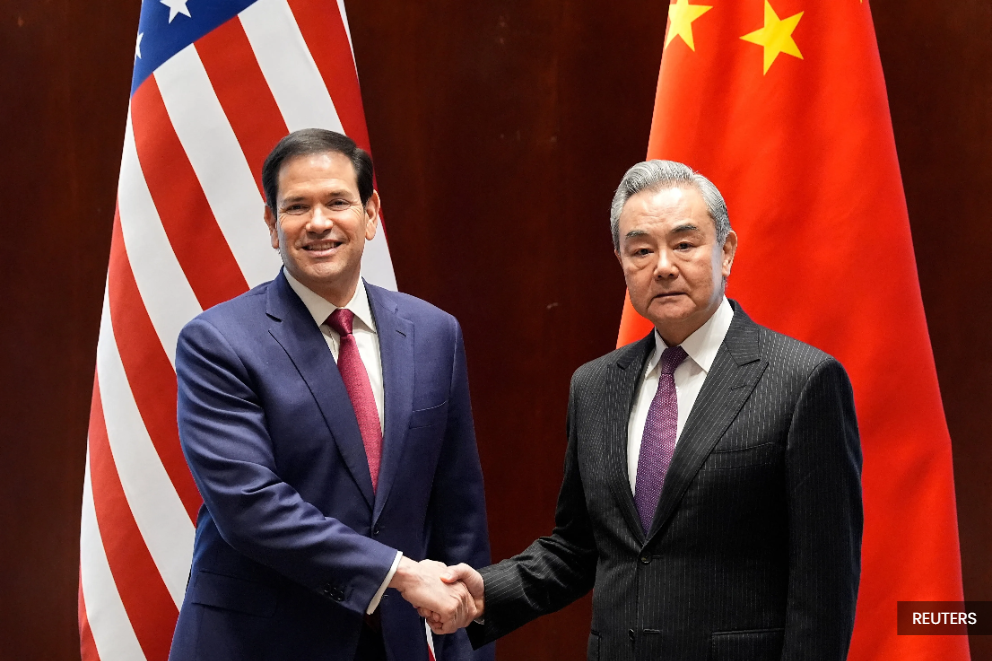MOSCOW, Nov 9 — Russian Foreign Minister Sergei Lavrov has said that he is ready to meet United States (US) Secretary of State Marco Rubio, but that Russia would not abandon its core conditions for ending the Ukraine war.
US President Donald Trump's efforts to broker an end to the Ukraine war, the deadliest conflict in Europe since World War II, have so far failed, and he abruptly cancelled a planned summit with President Vladimir Putin in Budapest last month.
The Kremlin on Friday dismissed Western media reports that Lavrov had fallen out of favour with Putin after the summit plans collapsed, following a message from Lavrov's ministry indicating that Moscow was not prepared to yield on its demands over Ukraine.
'Ready to hold face-to-face meetings'
"Secretary of State Marco Rubio and I understand the need for regular communication.
"It is important for discussing the Ukrainian issue and promoting the bilateral agenda. That is why we communicate by telephone and are ready to hold face-to-face meetings when necessary," Lavrov, Putin's Foreign Minister since 2004, told state news agency RIA Novosti.
Nearly four years since Putin sent thousands of troops into Ukraine, Russian forces are grinding forward and control about 19 per cent of Ukraine's land, Moscow now says is legally part of Russia, though Ukraine and Western European powers say they will never formally accept that.
Lavrov said that the "understandings" reached by Putin and Trump at their August 15 summit at a military base in Anchorage, Alaska, were based on Putin's June 2024 demands and ideas from Trump envoy Steve Witkoff.
Putin laid out his core conditions in June 2024, demanding Kyiv renounce its plans to join the US-led NATO military alliance and withdraw troops from the entirety of the four provinces Moscow claims as part of Russia: Donetsk and Luhansk in eastern Ukraine, which make up the Donbas, plus Kherson and Zaporizhzhia in the south.
Russia currently controls Crimea, which it annexed in 2014, almost all of Luhansk, about 80 per cent of Donetsk, 75 per cent of Kherson and Zaporizhzhia, and slivers of the Kharkiv, Sumy, Mykolaiv, and Dnipropetrovsk regions.
Ukrainian President Volodymyr Zelenskiy has acknowledged that some Russian-occupied territories might be recognised as temporarily de facto occupied but has ruled out any de jure recognition. He says he does not have a mandate to give away territory and that any withdrawal would expose both Ukraine and its European allies to new Russian attacks.
Frozen Russian assets
"We are now awaiting for confirmation from the United States that the Anchorage agreements remain in force," Lavrov said.
He added, in the US context, that "no one questions the territorial integrity of Russia and the choice of the residents of Crimea, Donbas and Novorossiya" to reunite with their "historical homeland".
Novorossiya is a noun Russians use for a swathe of south-eastern Ukraine which became part of the Tsarist empire in the 18th and 19th centuries. It is also the name of a pro-Russian movement to reassert Russian control over the territory.
Asked about European plans to use most of the €210 billion (RM1.01 trillion) worth of Russian sovereign assets currently frozen in Europe to fund Ukraine, Lavrov said there was no legal way to take the assets and that Russia would retaliate if they were taken.
He noted that the US had informed Moscow through diplomatic channels that it was reviewing Putin's proposal to maintain the limitations outlined in the New Strategic Arms Reduction Treaty (New START) beyond its scheduled expiration in February 2026.


